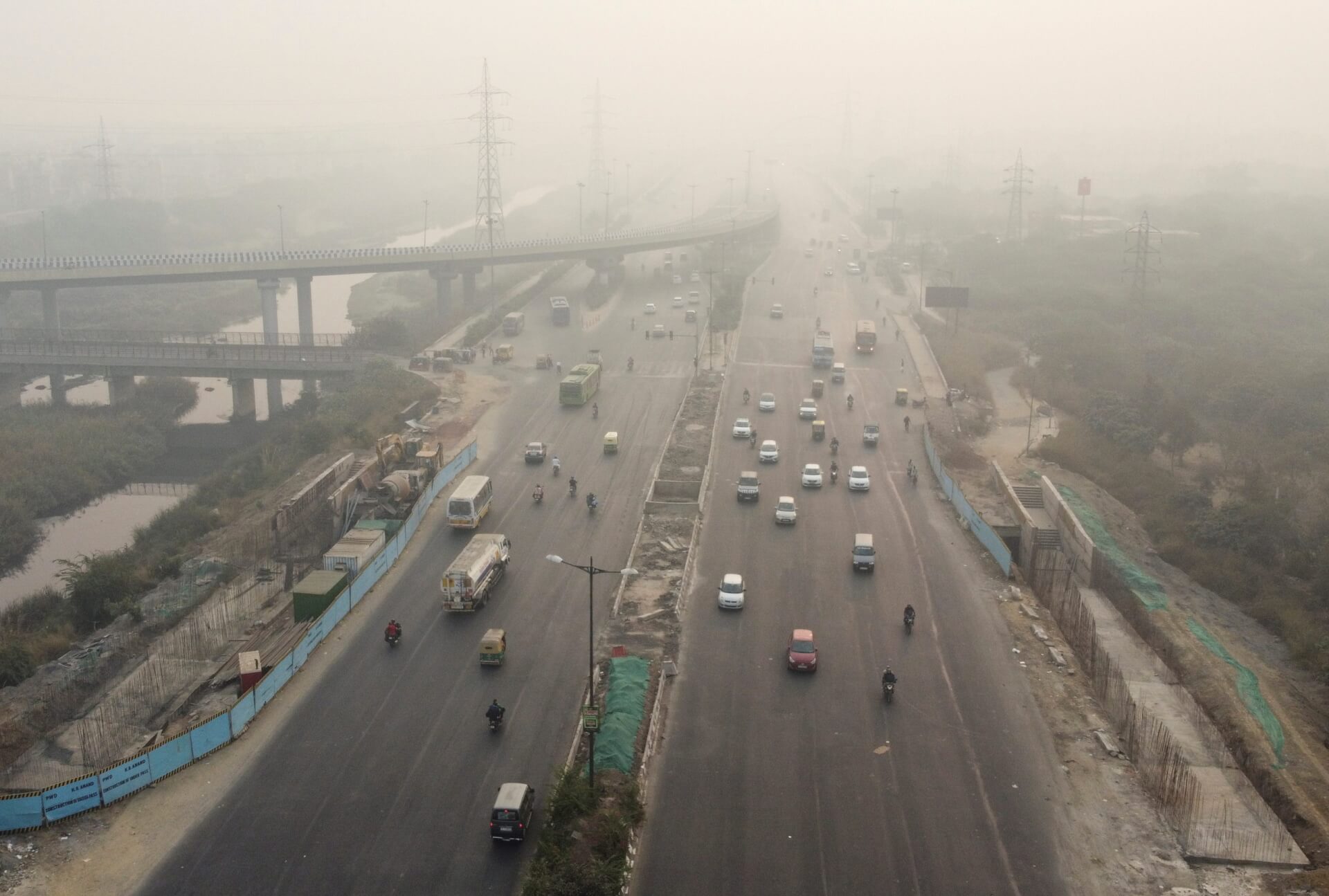A United States (US) Intelligence Agency identified 11 countries as “highly vulnerable” to the social impact of climate change: Afghanistan, India, Pakistan, Myanmar, Iraq, North Korea, Guatemala, Haiti, Honduras, Nicaragua, and Colombia.
The report, titled the “National Intelligence Estimate,” was the first of its kind by the Office of Director of National Intelligence. It predicted that climate change will result in a surge in geopolitical conflicts in these countries, which would, in turn, pose a threat to the US’ national security. It claimed that the countries will continue to rely on fossil fuels and resist an expedited transition to a zero-carbon world due to “economic, political, and geopolitical costs.” To this end, it said that the countries’ “current policies and pledges are insufficient” to successfully counter the growing threat posed by climate change.
The ten enlisted countries were said to “lack” the financial capabilities or the political stability to successfully work towards climate action. The report warned that in Afghanistan, heat, drought, inaccessibility to water, and domestic political and governance challenges are a cause for concern. It also said that climate change would aggravate of water disputes in India and the rest of South Asia.
The publication warned that the impact of these geopolitical crises could be exploited by rivals like China and that it could also further destabilise nuclear states like North Korea and Pakistan. These risks could result in increased migration and a larger number of climate refugees, the report noted.
Apart from the enlisted countries, the document also raised concern about Central Africa and small island states in the Pacific. In addition, it also warned that Arctic and non-Arctic regions “almost certainly will increase their competitive activities as the region becomes more accessible because of warming temperatures and reduced ice,” noting that this competition in the region will be “largely economic.” However, the report warned that the “risk of miscalculation will increase modestly by 2040 as commercial and military activity grows and opportunities are more contested.”
The Pentagon report shows that the Biden administration intends on including environmental issues in its broader security and geopolitical strategy. To date, the analysis of climate change was restricted to its impact on military preparedness.
In stark contrast to the US’ previous approach to understanding the relationship between environmental factors and security, while presenting the document, Defence Secretary Lloyd Austin said: “Climate change is altering the strategic landscape and shaping the security environment, posing complex threats to the United States and nations around the world … To deter war and protect our country, the [Defense] Department must understand the ways climate change affects missions, plans, and capabilities.”
The report comes as incidents of flash floods, heatwaves, and other repercussions of climate change grow increasingly frequent across the globe. For instance, around 150 have perished during floods in Nepal and India over the past week. Moreover, several countries in Europe also recorded their highest temperatures this summer, drawing further attention to a looming environmental crisis.
Against this backdrop, several world leaders are preparing for the United Nations COP26 summit in Glasgow on climate action. Several other countries and organisations, including NATO and the UK, have also been incorporating climate concerns in their security and defence strategies.
US Agency Names India and 10 Others as “Countries of Concern” on Climate Change
Ten countries, including India, Pakistan, and Afghanistan, featured on the US National Intelligence Estimate’s list of countries that are "highly vulnerable" to the effects of climate change.
October 22, 2021

SOURCE: THE WIRE
